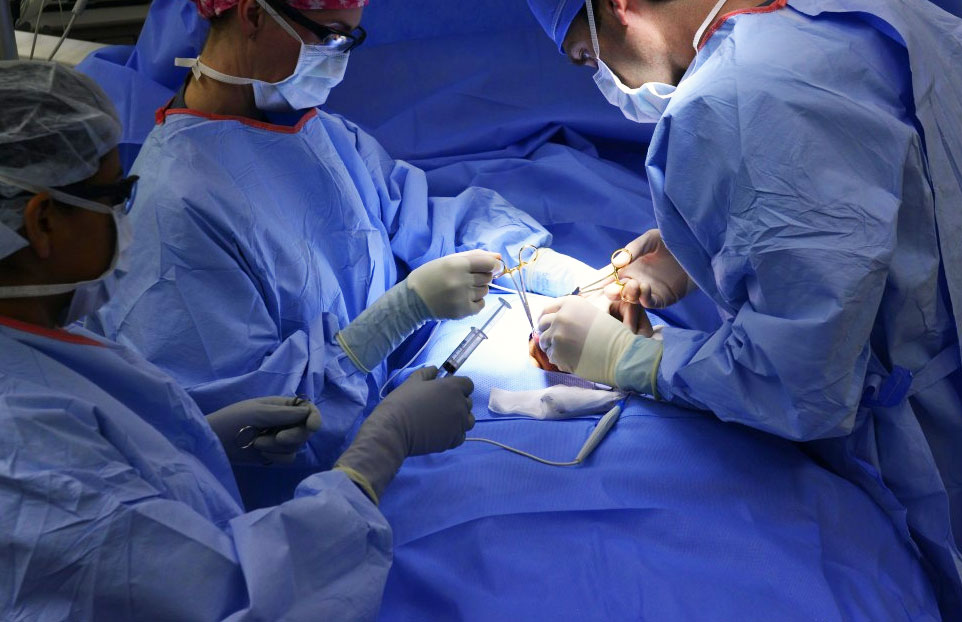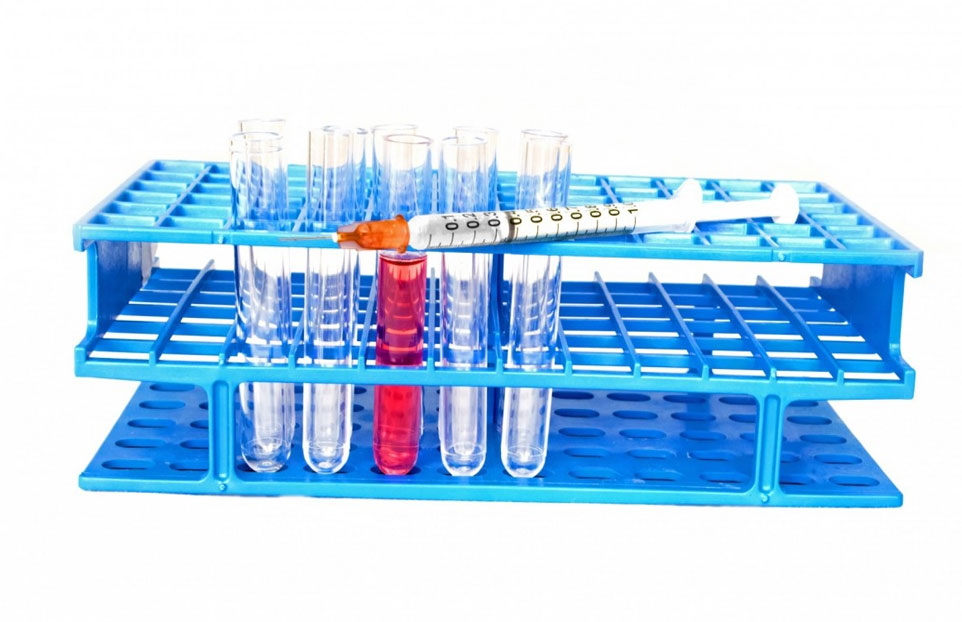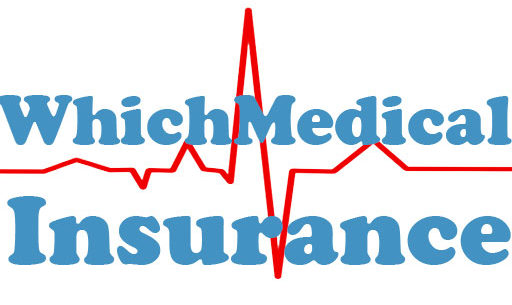
Navigating medical aid coverage can be tricky business, especially if you are completely new to medical insurance. Without the right advice, it can be difficult to get the right medical aid to suit your needs and those of your family. As a medical aid member, you will generally have to accept what services are covered and how much you will have to pay without any flexibility. In many cases, a doctor will request a service that your medical aid simply does not cover, leaving you to foot the bill.
Learning how to navigate around these important factors will not only make for a more educated consumer but will help you make the right decision when choosing the best medical aid plan. While exclusions can differ from one provider to the next, here are some of the most common services that insurers will likely decline.
Typical Medical Aid Exclusions

Although each plan and provider are different, certain services are typically not covered by most health insurance plans. Keep in mind that there are plans that come with a much higher premium that could cover the below services. Please read the terms and conditions of your specific plan or speak to your trusted health insurance provider if you are unclear about what is not covered by your medical aid scheme.
Cosmetic procedures
In general, any service that improves a patient’s exterior appearance for cosmetic purposes not covered by standard medical aid plans. This includes plastic surgery, dermatological procedures and cosmetic dentistry, to name a few. These types of procedures are not covered for two reasons – they are not medically necessary and they are voluntary, i.e. the patient elects to have these procedures.
Fertility treatments

While no one chooses to have fertility problems, fertility treatments are typically not covered by standard health insurance. That said, some medical insurance providers will commonly, but not always, pay for various testing associated with an infertility diagnosis. However, this can differ depending on the medical aid policies of your country.
Weight loss surgery
In most cases, weight loss surgery is not covered but again, this can depend on your health insurance provider and the terms of your chosen plan. This could mean that some weight loss procedures are covered, while others are not. And since the costs associated with the surgery is usually very hight, it is best to do some research, compare plans and read the fine print to see if any weight loss procedures or treatments are covered.
Acupuncture & alternative therapies
Most medical aid schemes do not cover alternative therapies like acupuncture, massage therapy and chiropractic care. Again, this will depend on your medical aid provider, your cover and your country.
All medications

While most prescription medications will be covered by a good medical aid plan, there is a list of covered medications. Most insurers have flexibility in creating these lists of covered medications, so they can vary significantly from provider to provider. Insurers do not have to cover all prescription medication as are also more likely to cover the generic version of the medication instead of the brand name.
